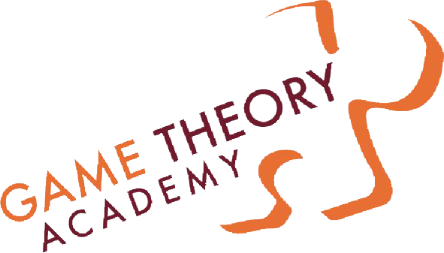By Jasper Smith, GTA Instructor

This week brought about some great discussion about trade-offs. I posed this question to the students: “What are you giving up by attending Game Theory Academy each week?” One student immediately said he was giving up time that could be spent hanging out with friends. Another said she was willing to give up time with her friends to attend Game Theory and learn something about money.
Trade-offs can be rewarding and sometimes detrimental when it comes to decision-making. I gave a simple example to make them think… how much are you willing to pay for a pair of shoes? One young lady, who admitted she loves shoes, said she doesn’t mind paying $100+ for a pair of shoes, while another said he wouldn’t be willing to pay more than $40. A few others chimed in, and my question worked like a charm! It eventually brought about the idea of quality versus price–a concept that adults constantly struggle with, and young students are no different. For those who were willing to pay $100+ for shoes, they felt the shoes made them feel and look good. Thus, they were willing to pay a premium. In contrast, the students who were not willing to pay that much said they were willing to give up that “good feeling” in an effort to keep more of their money. Plus, they spoke about how cheap it is to produce shoes and how they mark them up to sell in America. (Great observation by the way!) Both sides were right, and they were able to support their beliefs.
Through a decision tree activity, I challenged them to think about some tough decisions they’ve made and how their lives have been impacted as a result. The topic: attending private school versus attending public school. A handful of the students attend a college preparatory academy, while the others attend public high school. The students who attend the academy shared that their school was awesome because they really felt like they were being challenged and properly “prepped” for college and life after college. They raved about their teachers, counselors, administrators, etc. So of course I asked the other students to chime in and they had the same sentiment about their public schools. I then asked the group, “Who made the decision about what high school you attended?” Some responded that their parents made them, a few said it was their choice, others attended the school that was closest to their home. All in all, none of the students felt slighted in any way due to the school they attended. They felt like they were getting a fair shot at making it in college and realizing that, without it, their options in life would most certainly be limited.

